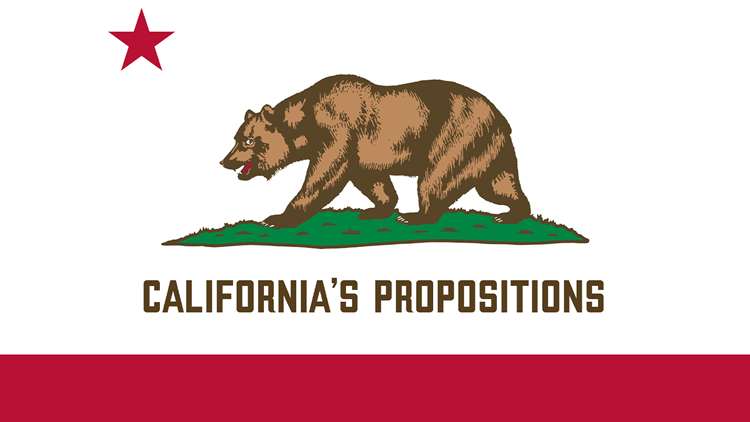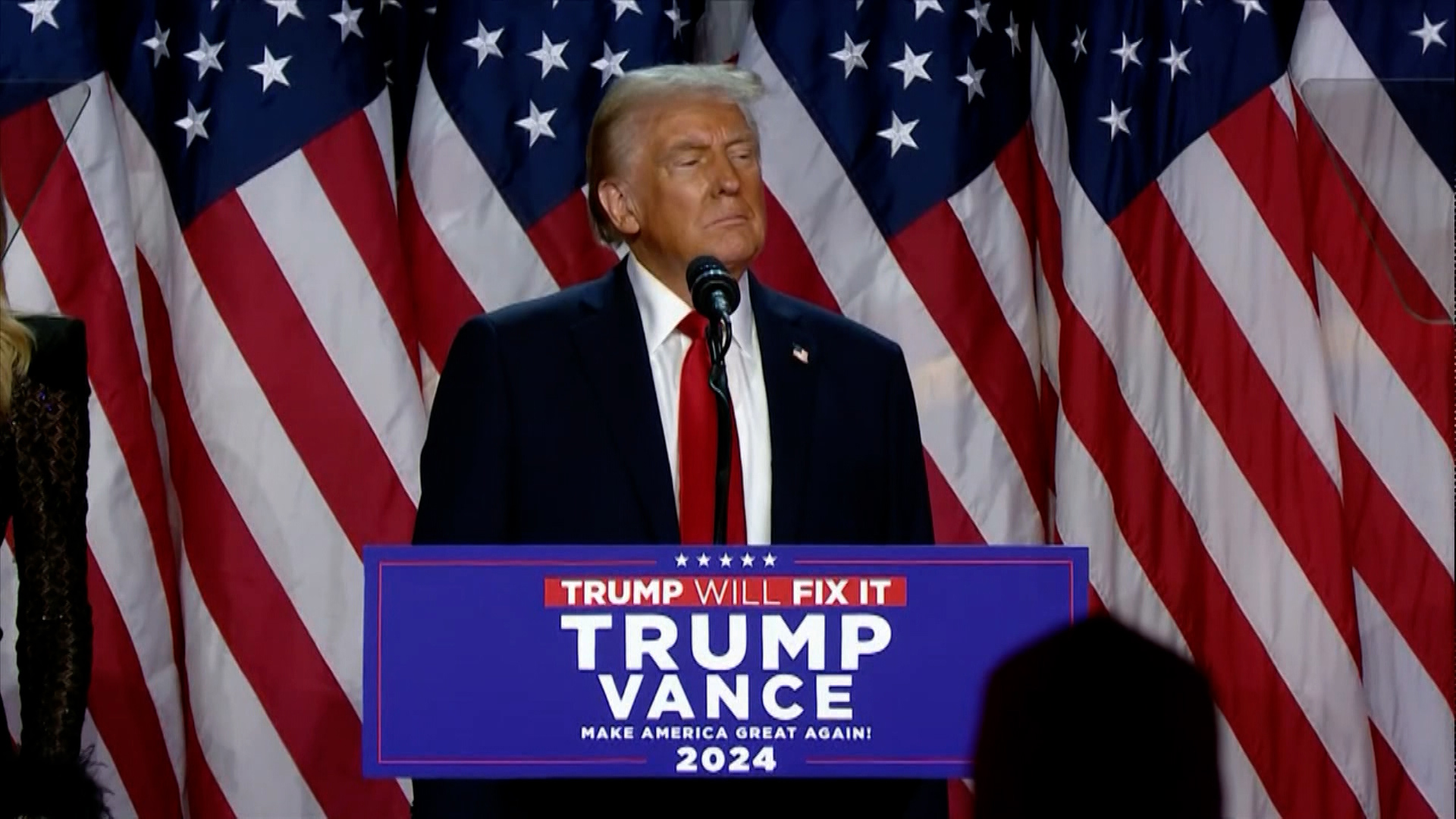As election day comes to a close, some races have been decided while others are still too close to call.
Here is where some of the propositions stand:
Proposition 14
A proposition that would keep alive California’s first-of-its-kind stem cell research program has a narrow lead.
If it passes it would mean a $5.5 billion bond sale that would bail out the California Institute for Regenerative Medicine, which was created by a similar $3 billion bond measure in 2014 but is now nearly broke.
Millions more votes remained to be counted. With dozens of stem cell research trials underway, supporters say the money is desperately needed. Opponents say that in a pandemic-induced economic crisis, California simply can't afford it.
Proposition 15
A ballot measure to partially dismantle California's system of tying property taxes to the last sales price was trailing narrowly.
Several million votes remained to be counted. The measure would reassess commercial and industrial properties every three years. Residential property would remain under 1978 rules that limit tax increases to 2% a year until a property is sold.
Supporters say the “split-roll” system will go a long way toward fixing inequities that shield wealthy corporations. Opponents call it a massive tax increase.
Proposition 16
A ballot measure to reinstate affirmative action in California government is failing.
Public polling had indicated that Proposition 16 was struggling, suggesting that voters may not be ready to repeal a quarter-century-old ban on affirmative action.
A national awakening on race drove a well-funded campaign to reinstate preferential treatment based on race and gender in public hiring, contracting and college admissions.
Supporters say such programs are critical to undoing generations of systemic racism and sexism. Opponents say merit alone should determine whether someone gets a job or accepted into college.
Proposition 17
A ballot measure restoring the right to vote for felons on parole has been decisively passed by California voters.
Supporters said the parolees have paid their debt to society and should be able to shape the policies that affect their lives. Opponents said restoring rights early to felons is a slap in the face to their victims. Another voting rights measure, Proposition 18, was trailing.
It would allow 17-year-olds to vote in primaries if they turn 18 before the general election.
Proposition 18
A ballot measure amending the constitution to allow a 17-year-old to vote in a primary election as long as they will turn 18 by the general election did not pass.
Over 55% of voters said no to allowing 17 year olds to vote. Supporters argued these younger voters deserve a chance to decide who’ll be on that November ballot.
Proposition 19
A ballot measure which included a tax increase as well as a tax benefit narrowly passed in California.
With 51% of voters saying yes, the tax hike will be for people who inherit property from their family. The tax benefit is to help seniors, the disabled, and victims of wildfires and disasters.
Proposition 20
A ballot measure restoring the right to vote for felons on parole has been decisively passed by California voters.
Proposition 17, which nearly 60 percent of voters had approved, will change the state Constitution to allow an estimated 50,000 felons on parole to vote.
Supporters said the parolees have paid their debt to society and should be able to shape the policies that affect their lives. Opponents said restoring rights early to felons is a slap in the face to their victims. Another voting rights measure, Proposition 18, was trailing.
It would allow 17-year-olds to vote in primaries if they turn 18 before the general election.
Proposition 21
Voters have rejected a measure that would have let California cities expand rent control.
Proposition 21 would have let cities limit rent hikes on properties that are more than 15 years old. “No” votes led early and the lead expanded to 59% after more than 10 million ballots were counted.
Opponents argued that the measure would have discouraged new home construction at a time when it's sorely needed. Proponents contended the measure was an urgent attempt to slow spiraling rent increases. A recent report said more than half of California’s renters spend over 30% of their incomes on rent.
Proposition 22
Uber, Lyft and other app-based ride-hailing and delivery services have prevailed in their expensive gamble to keep drivers classified as independent contractors.
Proposition 22 pitted the powerhouses of the so-called gig economy, including DoorDash, Postmates and Instacart, against labor unions. It’s the most expensive California ballot measure ever — more than $225 million was spent, most by the gig companies.
The measure creates an exemption to a state law that would have made drivers eligible for benefits that come with being company employees. Drivers who supported the measure said they enjoy the freedom of being independent contractors who can set their own hours.
See the latest returns on all of the propositions below:
Read more from ABC10
WATCH ALSO: Racism and the race for Natomas School Board



